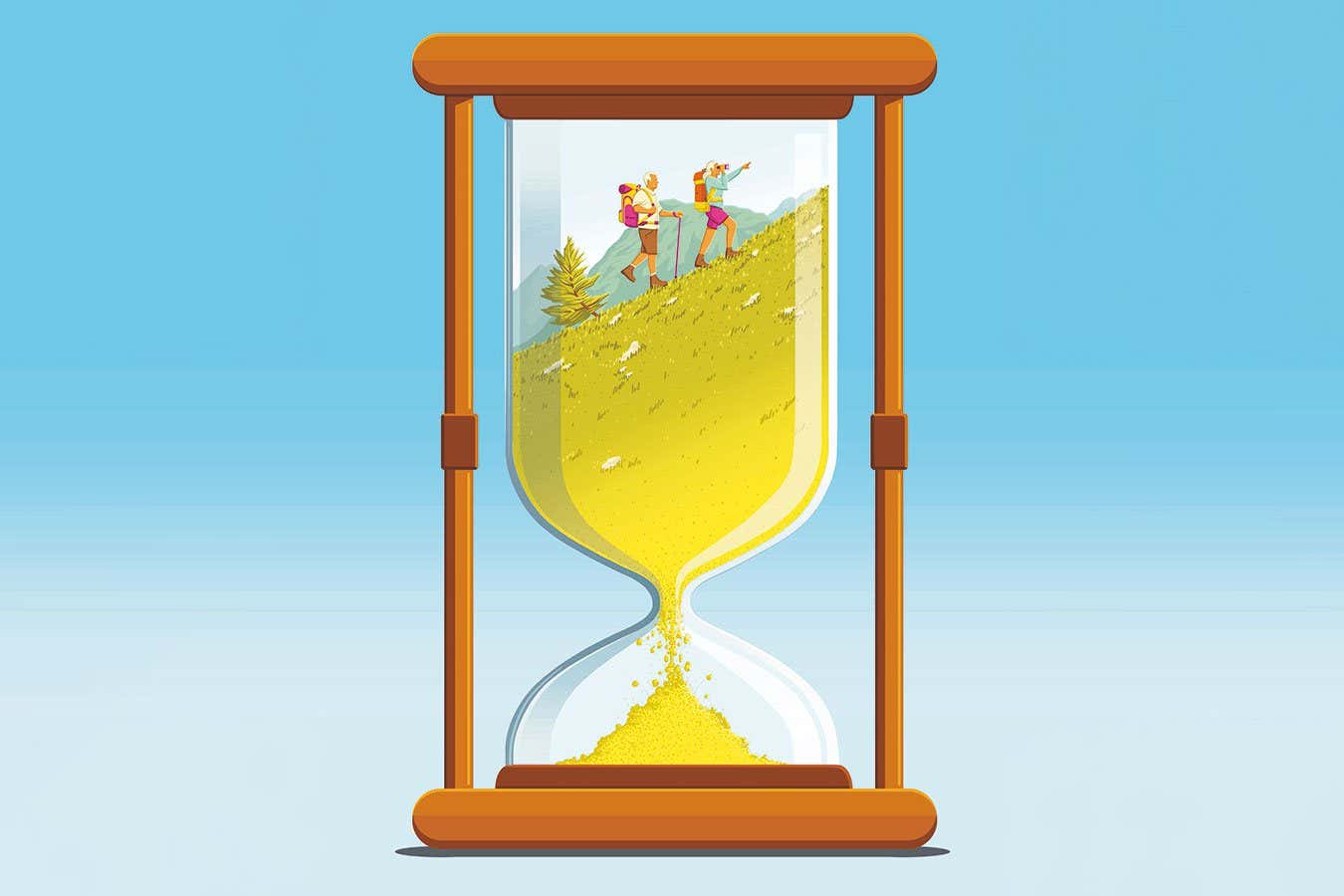
On 16 October 2029, I will – hopefully – become a member of the world’s fastest-growing demographic. By then, 1.4 billion people, a sixth of the world’s population, will be aged 60 or over. Assuming I make it, I can then expect to live for another 24 years.
I am the beneficiary of a global trend that started more than a century ago. A baby boy born in England in 1900 could expect to live to 44. By the time I was born, in 1969, that had risen to nearly 69. A baby boy born in England today can expect to live to 87, and a baby girl can expect to reach 90. Other places around the world, including lower-income countries, have also experienced rises in average life expectancy, buoyed by improved sanitation, nutrition and access to healthcare and education.
For the first time in human history, every person born today has a reasonable chance of celebrating their 60th birthday. But before we break out the cake and candles, we need to consider whether we will be able to blow them out.
For now, I’m in reasonably good health – but the longer my fellow soon-to-be sexagenarians and I live, the more likely we are to develop one or more age-related conditions. So are increases in life expectancy matched by increases in health expectancy? Or have we created a “nursing home world”?
These are surprisingly difficult questions to answer. But now, thanks to a new understanding of what health in later life looks like, we might finally have some answers. And not only is it positive news – mostly – we might also have a good idea of how we can stay healthier longer.
What is healthspan?
Gerontologists – researchers who study ageing – have long recognised that increasing average lifespan doesn’t automatically increase the number of healthy years of life. All those hard-won gains in life expectancy might merely extend the period of ill health, at great expense to individuals and healthcare systems.
“We all know that populations around the world are ageing rapidly,” says John Beard, professor of ageing at Columbia University in New York. “But what we’re not so clear on is, are those extra years being experienced in good health, better than previous generations, the same, or worse?” To answer that question, around 30 years ago, scientists working on ageing started using a concept called healthspan, which is defined as the number of years that a person lives in good health free from chronic illness or disabilities of ageing.
Assessing whether the beneficiaries of the longevity boom also enjoy an increased healthspan can yield depressing results. Last year, for example, Andre Terzic and Armin Garmany at the Mayo Clinic in Rochester, Minnesota, published an analysis of 20 years of data from 183…
Disclaimer
We strive to uphold the highest ethical standards in all of our reporting and coverage. We 5guruayurveda.com want to be transparent with our readers about any potential conflicts of interest that may arise in our work. It’s possible that some of the investors we feature may have connections to other businesses, including competitors or companies we write about. However, we want to assure our readers that this will not have any impact on the integrity or impartiality of our reporting. We are committed to delivering accurate, unbiased news and information to our audience, and we will continue to uphold our ethics and principles in all of our work. Thank you for your trust and support.
Website Upgradation is going on. For any glitch kindly connect at 5guruayurveda.com



